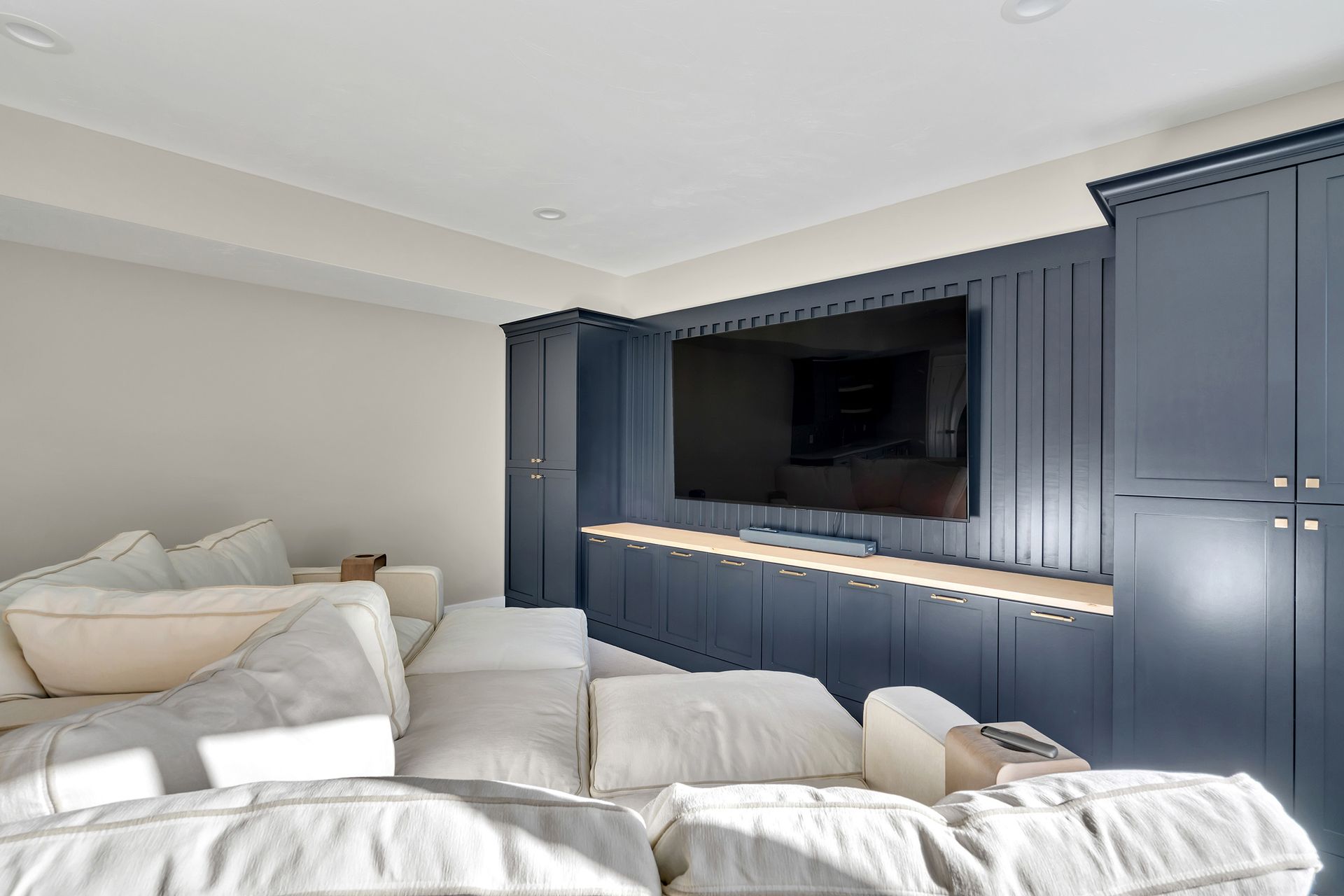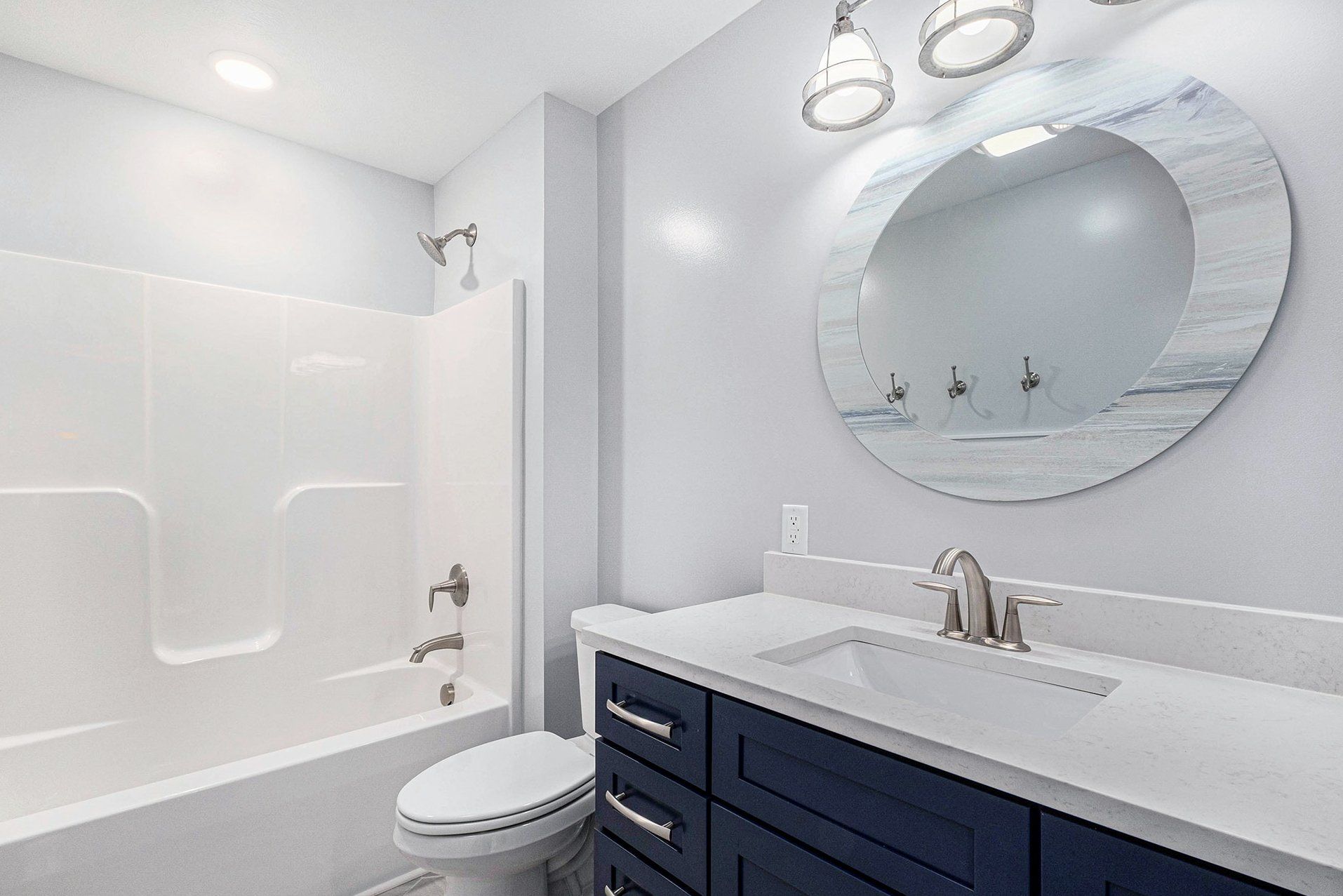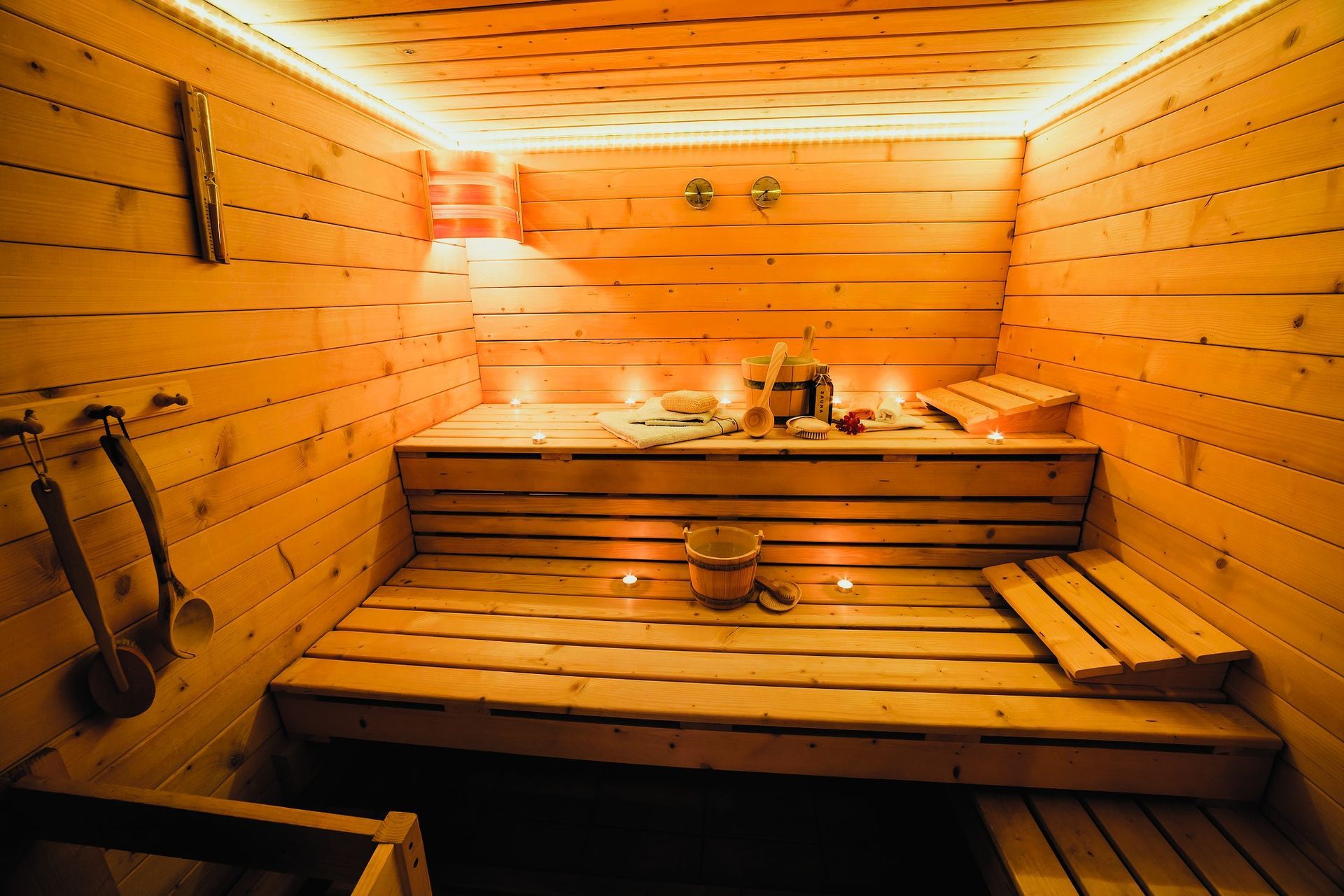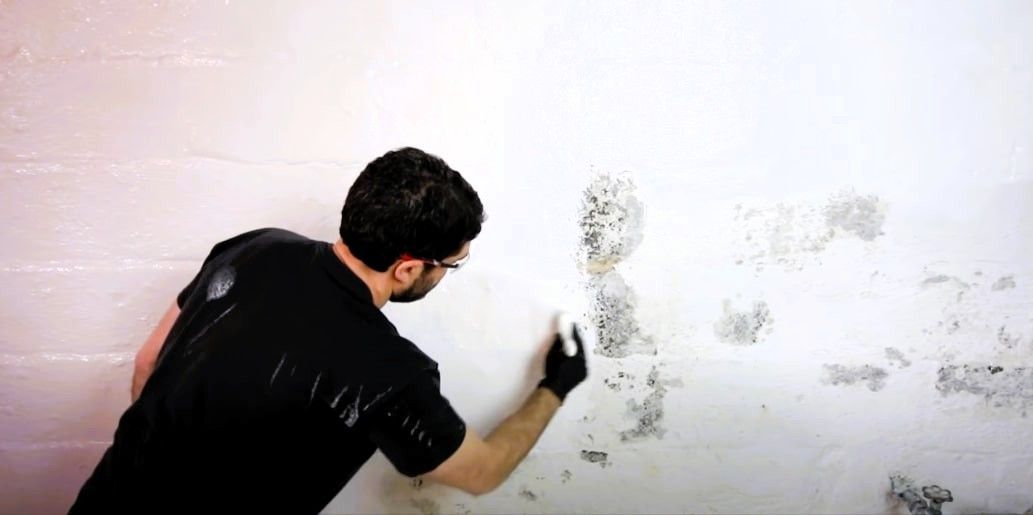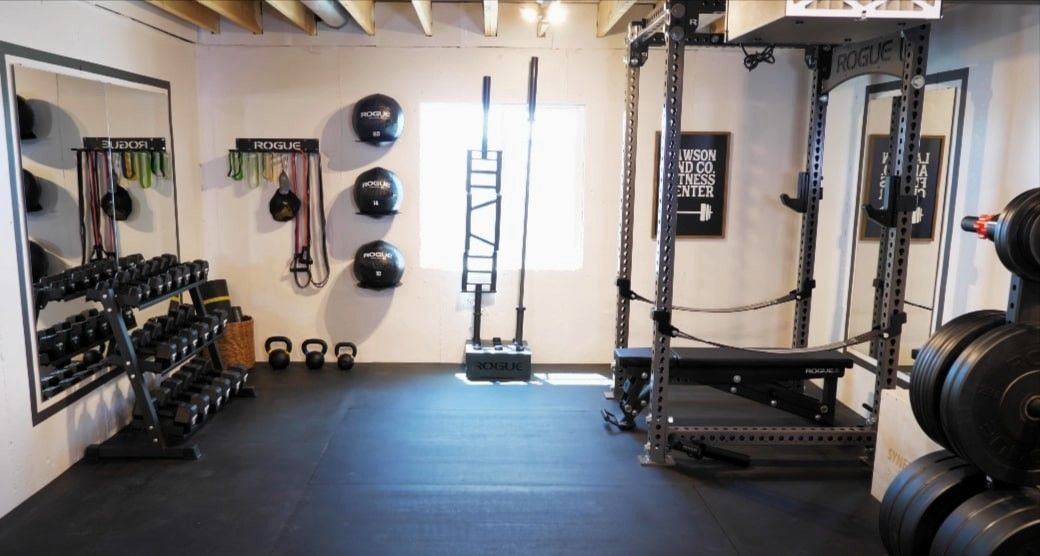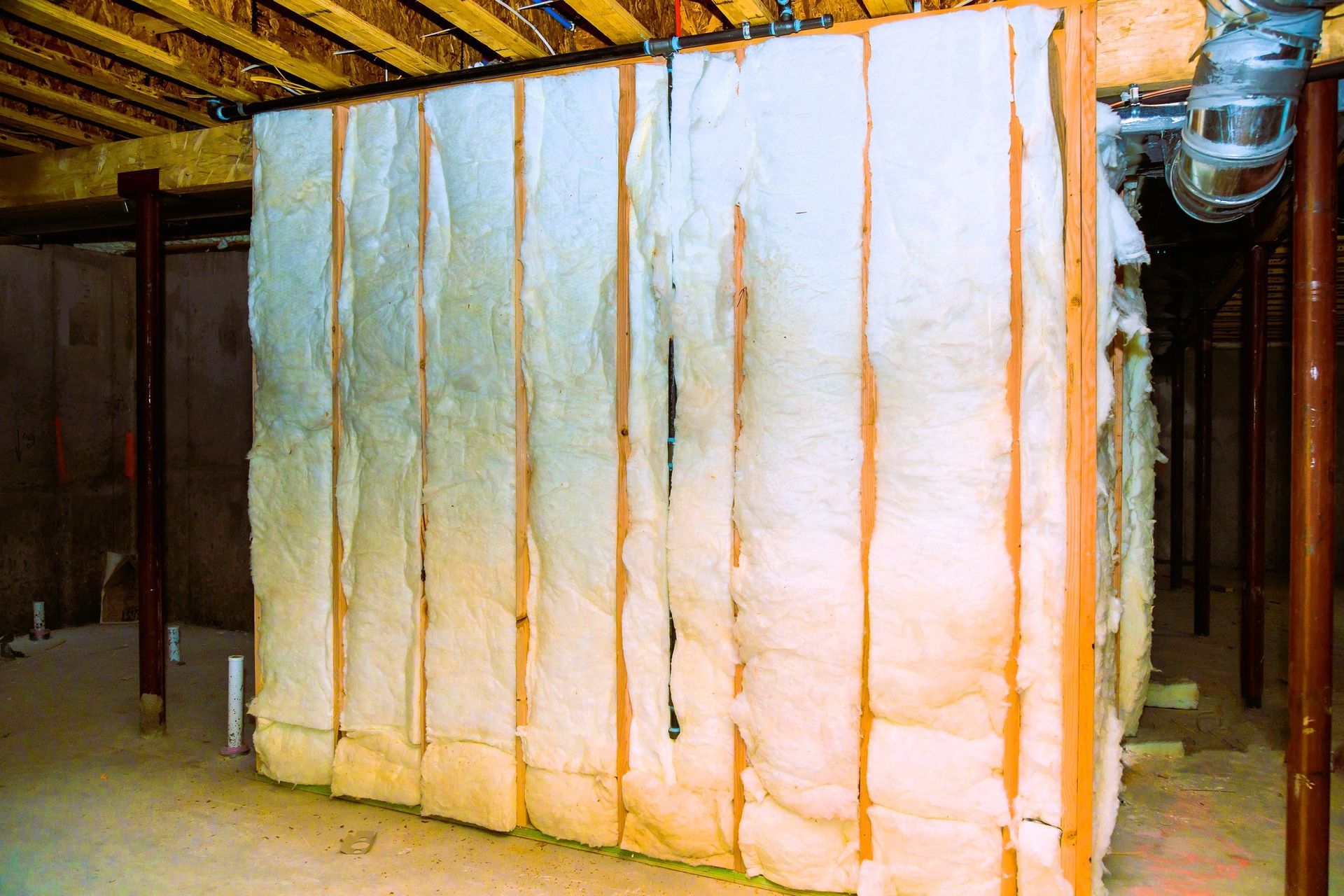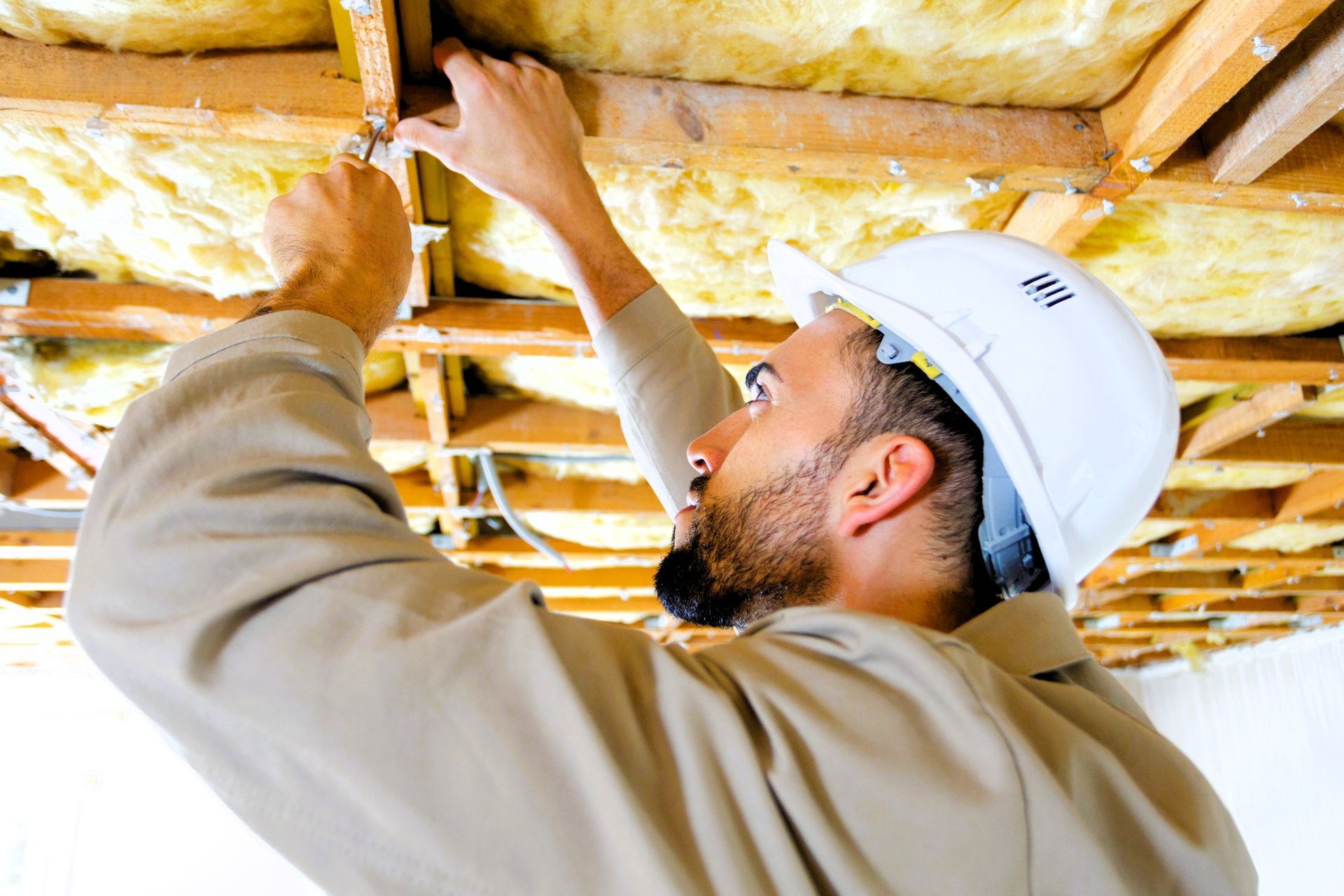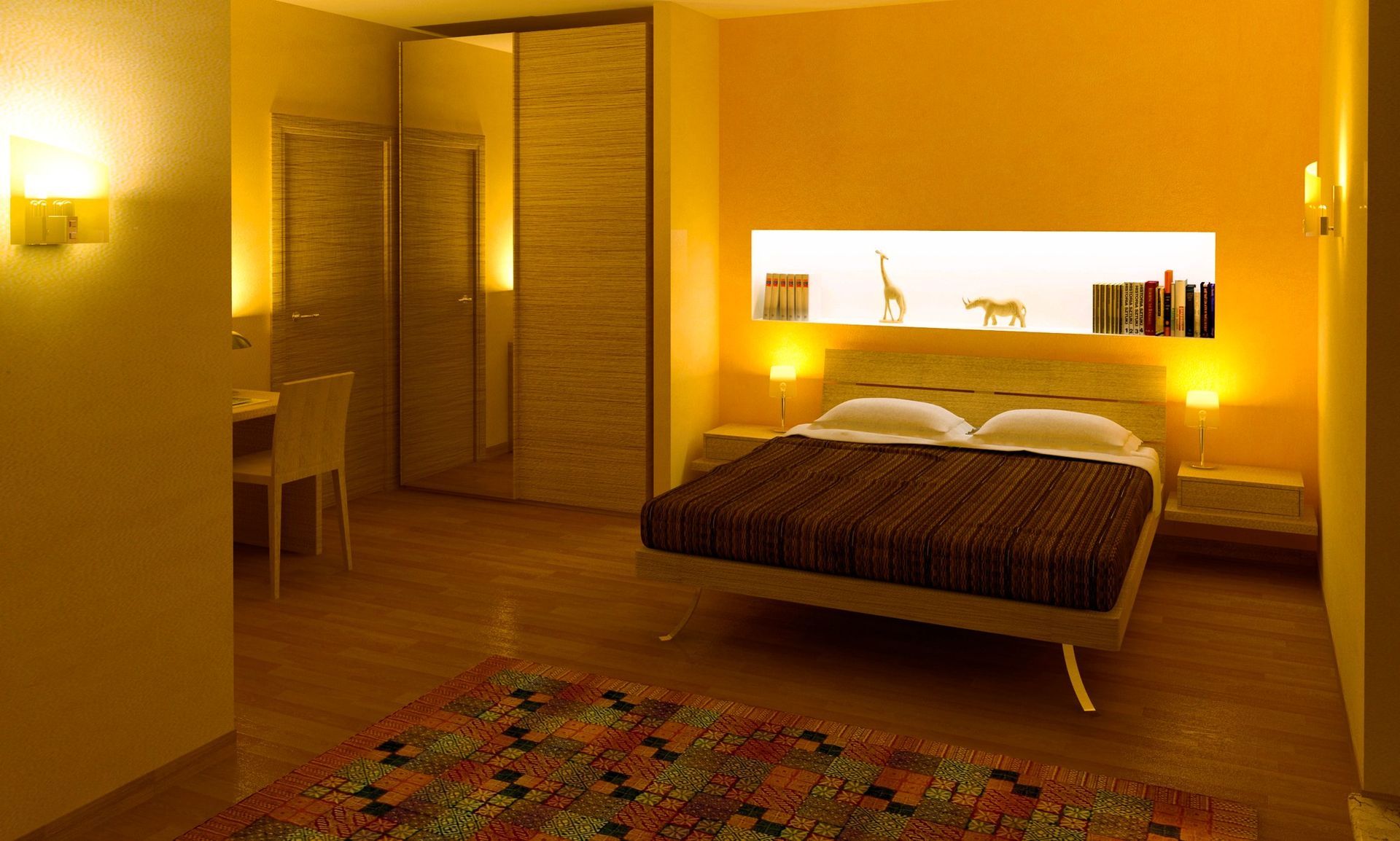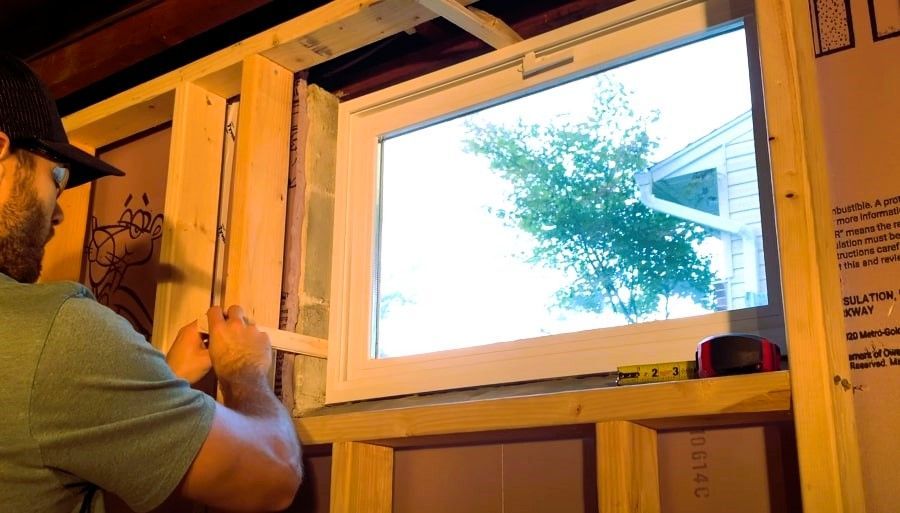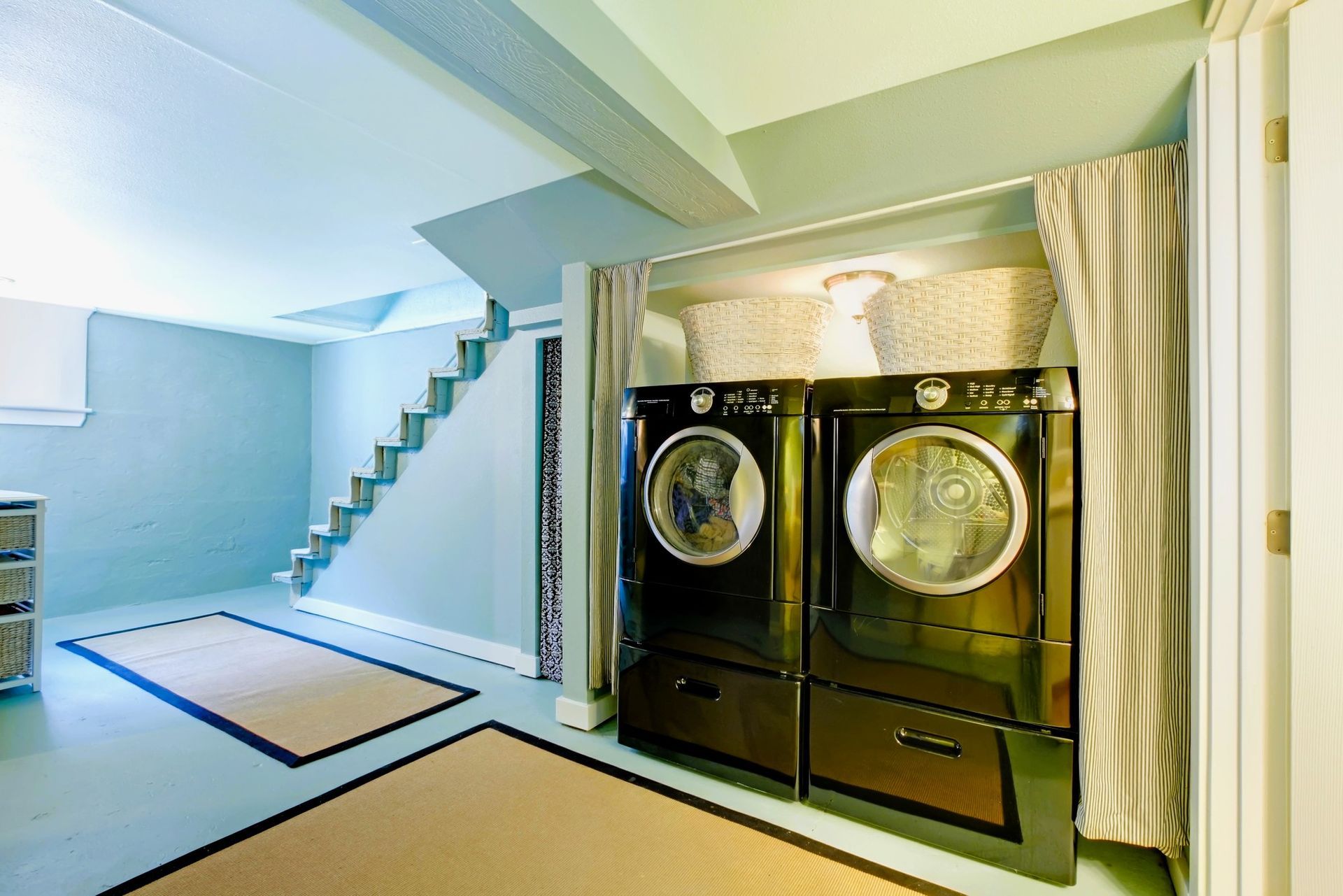Is a Dehumidifier Necessary for Finished Basements?
Do you really need a dehumidifier for your finished basement?
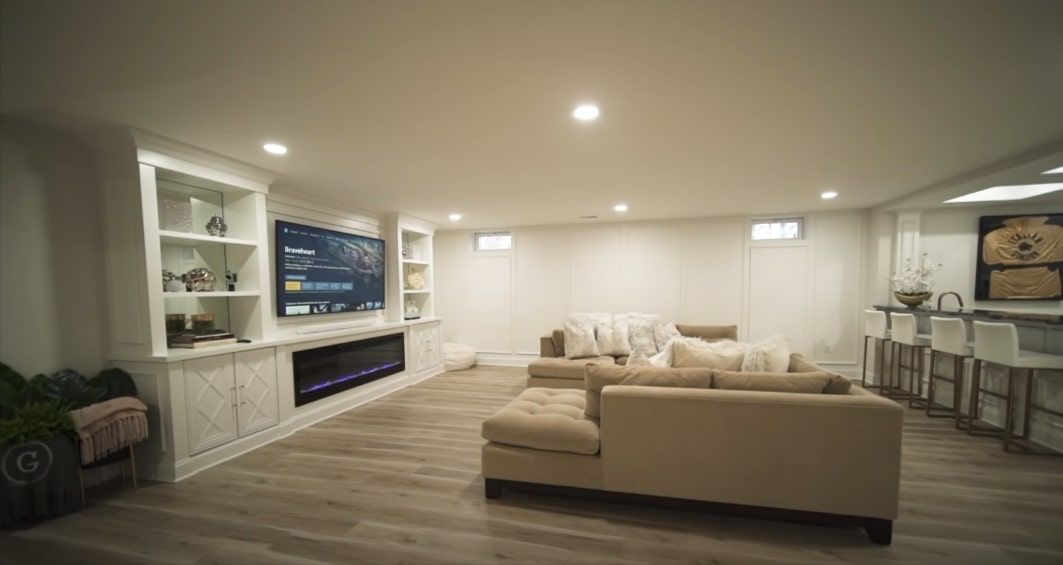
Basements are cool opportunities to add more living space to your home, but man, they can get pretty damp. To keep mold and mildew at bay, many folks decide to install a dehumidifier. But do you really need one for your finished basement? When you're trying to figure that out, here's what you should keep in mind.
Why You Really Need a Dehumidifier in Your Basement
If you've ever hung out in a basement, you've probably noticed how muggy it can get. Basements are underground, right? That means the air can feel super stuffy. And if your basement isn't breathing right, like it's missing a window or the ventilation's off, that stuffy feeling hangs around. Have you ever had a leak or a flood? Then you know it can feel like a swamp down there. And if you've gone all out with drywall, carpets, and cozy furniture, especially in a finished basement, you're basically throwing a moisture party.
Here's a hot tip: snag yourself a dehumidifier. It's basically your basement air's superhero. This little machine sucks up all that extra dampness, keeping the humidity levels on point and helping you steer clear of mold city. Seriously, your basement (and your nose) will be super grateful.
When You Might Not Need a Dehumidifier
If your basement benefits from sufficient air circulation through an open window or an effective fan system and is situated in an area with lower humidity, purchasing a dehumidifier may be unnecessary. In such instances, enhancing air quality can be effectively achieved using natural ventilation methods.
Key Factors to Consider in Choosing the Perfect Dehumidifier for Your Needs
When selecting a dehumidifier for your finished basement, consider factors like size, capacity, humidity controls, energy efficiency, and noise level. Choose a model that fits your space, offers the right moisture removal capacity, has a built-in humidistat, is energy-efficient, and operates quietly for the best results and cost savings.
Signs That Your Home May Need a Dehumidifier
- Musty odors: If you regularly notice a stale or musty smell, especially in your basement, it's a sign of high humidity and potential mold growth.
- Condensation: Wet spots or water droplets on windows, walls, or floors indicate excess moisture in the air that needs to be addressed.
- Allergies or respiratory issues: High humidity can cause mold and dust mite growth, which may trigger allergies or worsen respiratory conditions.
- Peeling paint or wallpaper: Excess moisture in the air can cause paint and wallpaper to peel or bubble, indicating a need for better humidity control.
- Visible mold growth: If you notice black or green spots on walls, floors, or furniture, it's a clear sign of mold growth, which requires immediate action.
Taking Steps to Reduce Humidity in Your Basement
To reduce humidity in your basement without a dehumidifier:
- Boost ventilation: If there are no windows or airflow, use a fan or open doors and windows to bring in fresh air.
- Use desiccants: Place moisture-absorbing materials in damp spots to soak up humidity.
- Clean gutters and downspouts: Ensure they're clear to prevent water from leaking into your basement.
- Install a vapor barrier: Use a plastic sheet on walls and floors to block moisture.
In Conclusion
A dehumidifier can significantly improve a finished basement by reducing humidity and preventing mold growth. When choosing one, consider factors like size, capacity, and energy efficiency, but remember the importance of checking for leaks and enhancing ventilation to maintain proper humidity levels. With the right approach, your basement can become a comfortable and safe living space, free from musty odors and condensation. Proper humidity control not only improves air quality but also prevents moisture damage, making your basement a more enjoyable and healthy part of your home. For expert advice and recommendations on dehumidifiers and basement care, don't hesitate to
reach out.

